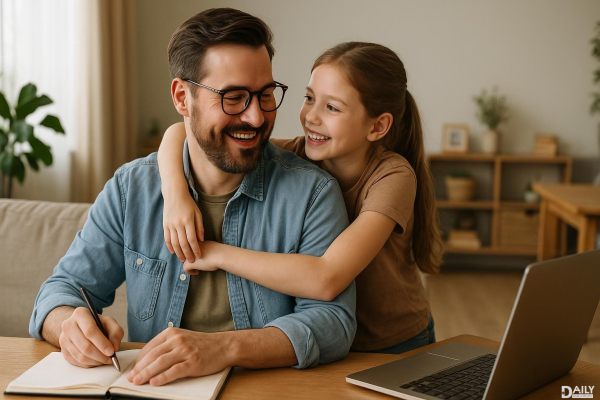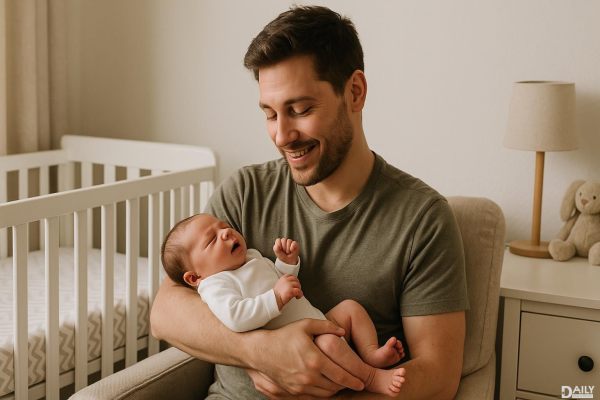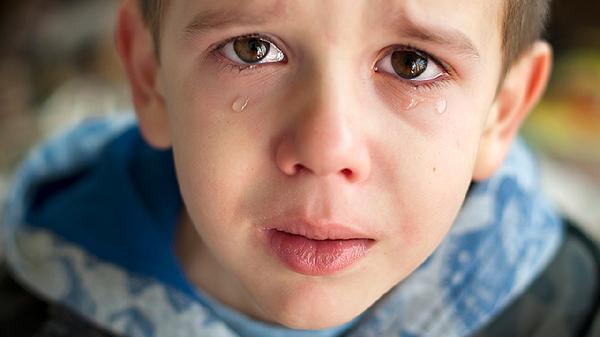Mental health in the Asian American and Pacific Islander (AAPI) community has long been shrouded in silence, but voices like Michael Kwan’s are breaking the stigma wide open. Growing up as the son of Chinese immigrants in Canada, Kwan navigated the tightrope between traditional Asian expectations and Western individualism—a balancing act that left little room for emotional vulnerability. His journey from stoic repression to open dialogue about mental health is a testament to the generational shifts happening in AAPI households today.
The Weight of Silence
For many first-gen kids, emotions weren’t just private—they were nonexistent. Kwan recalls a childhood where hugs were rare, tears were swallowed, and struggles were buried under layers of "just deal with it." His father’s solitary smoke breaks and single tear at a funeral spoke volumes about the unspoken rule: Men endure. Alone. This cultural script wasn’t unique to his family; it’s a recurring theme in AAPI narratives, where mental health struggles are often dismissed as personal failures rather than human experiences. Kwan’s teenage attempt to confide in his brother about depression was met with a blunt, "What do you have to be depressed about?"—a response that reinforced the idea that suffering was something to hide, not share.
Rewriting the Script
Becoming a father forced Kwan to confront the emotional legacy he’d inherited. Determined not to repeat the cycle, he embraced a parenting style that prioritizes emotional transparency. His kids see him cry, vent, and say "I love you" without restraint. Disney-style hugs (where the child decides when to let go) and open conversations about feelings are now family norms. When his daughter read his memoir about the anxieties of first-time fatherhood, she didn’t see weakness—she saw honesty. For Kwan, that’s the point: Vulnerability isn’t a flaw; it’s the foundation of connection.
Tools for the Next Generation
Kwan’s approach extends beyond hugs. He actively equips his kids with emotional literacy, using children’s books like Daniel Tiger to teach his son to name and understand feelings. It’s a stark contrast to the "suck it up" mentality he grew up with. He’s also co-founded Five Dads Go Wild, a community where fathers share struggles and victories, modeling camaraderie over isolation. On Instagram, Kwan and his peers showcase modern fatherhood—one where Asian men laugh, grieve, and admit they don’t have all the answers.
The Power of Speaking Up
Kwan’s story isn’t just about personal growth; it’s a challenge to AAPI cultural norms. By normalizing mental health conversations, he’s ensuring his kids never feel the loneliness he once did. His message is clear: Strength isn’t silence. It’s asking for help, admitting fear, and refusing to let tradition dictate emotional survival. As more AAPI voices join this dialogue, the stigma crumbles—one honest conversation at a time.
Michael Kwan’s journey proves that breaking generational patterns starts with a single step: choosing connection over concealment. For AAPI families navigating similar shifts, his story offers both hope and a roadmap—one where mental health isn’t a taboo, but a shared responsibility.
























